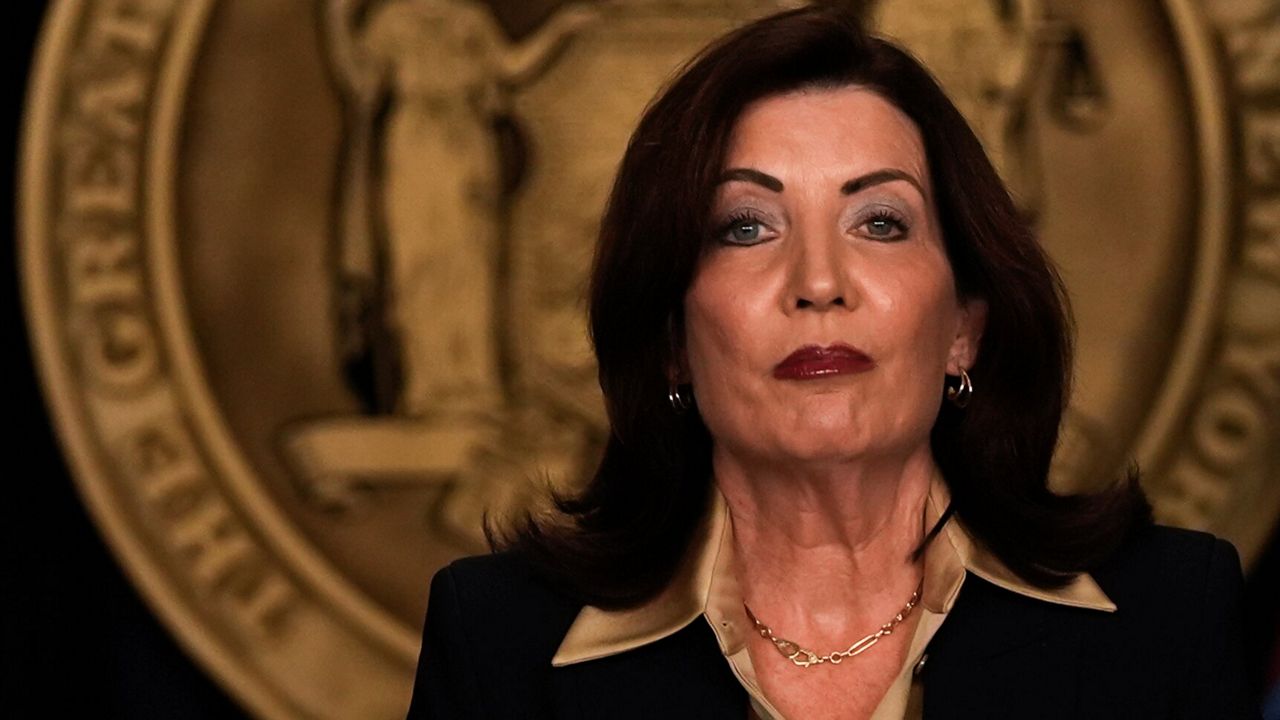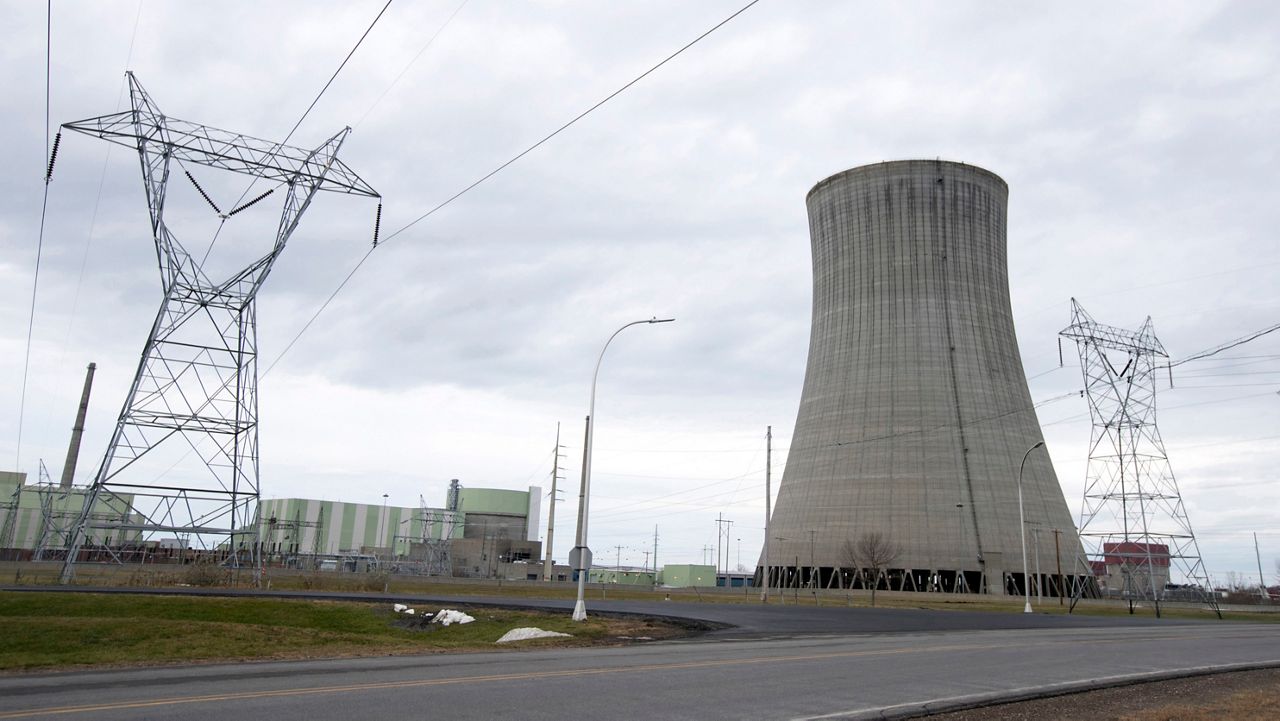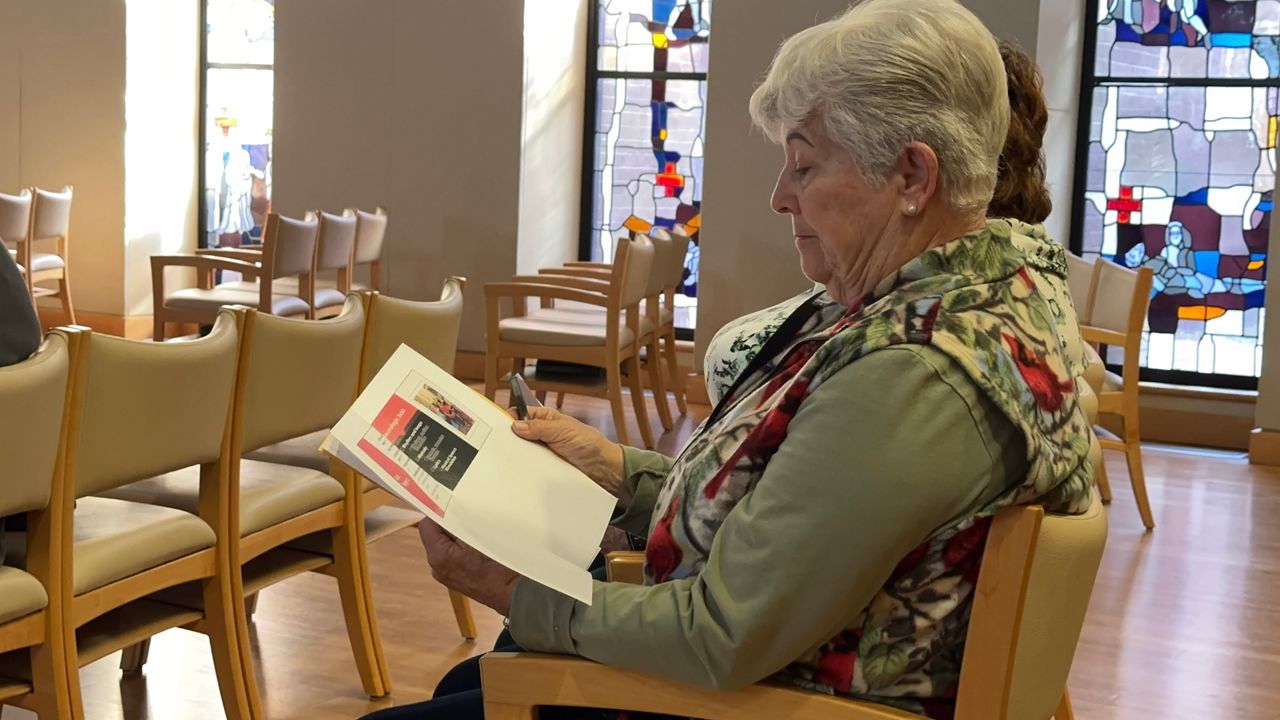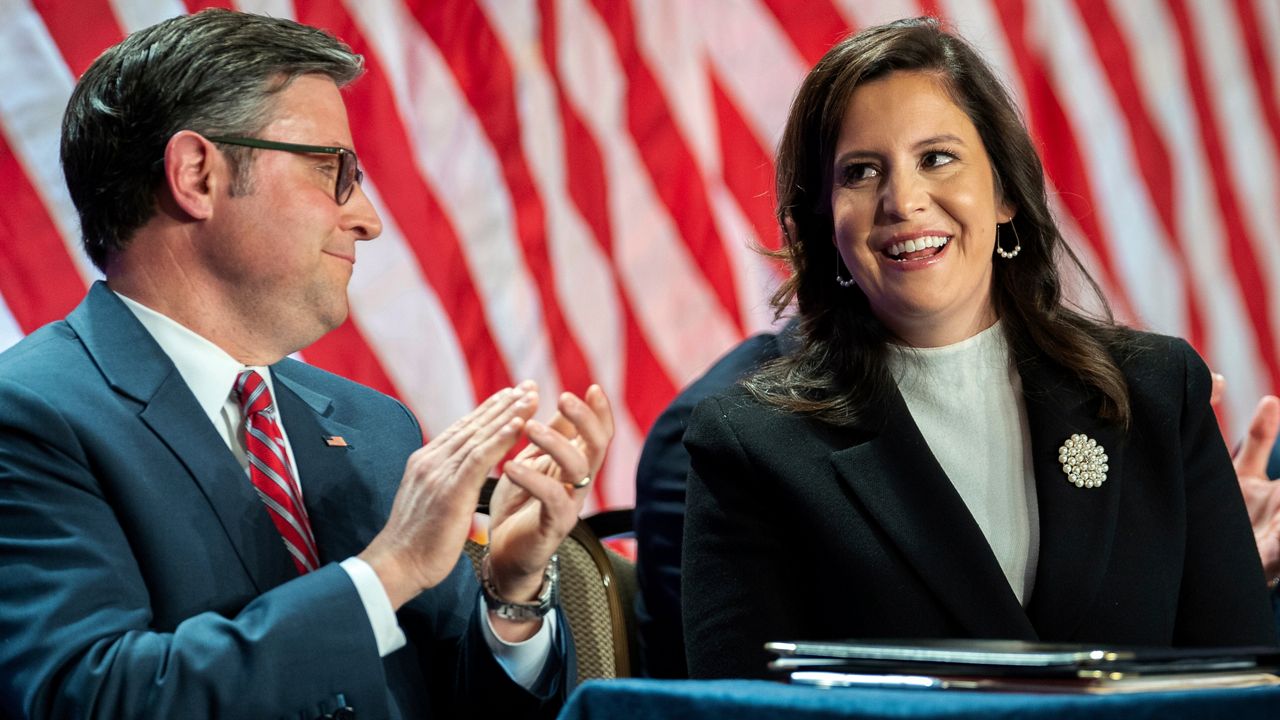A battle over whether New York’s ethics watchdog violates the state’s constitution was before the state Court of Appeals on Tuesday.
The fight stems from former Gov. Andrew Cuomo’s controversial pandemic-era book deal, and the Commission on Ethics and Lobbying in Government, or COELIG’s, attempts to examine it.
Cuomo has succeeded in court twice, after COELIG took over looking into the book from its predecessor, the Joint Commission on Public Ethics.
Cuomo and others argue the executive branch’s law enforcement powers under the constitution bar the commission from ceding certain powers under the statute to the legislature, and also takes issue with handing veto power over appointments to an unelected panel.
“The principal function of the executive is to carry out the laws of this state, and this court has also said that the executive is afforded great flexibility in determining the methods of enforcement,” said Gregory J. Dubinsky, partner at Holwell Shuster & Goldberg, who was arguing on behalf of Cuomo.
The justices appeared to express concern that the powers granted to the legislature do encroach on the constitutional power of the executive branch.
COELIG chair Leonard Austin said in a statement following the hearing that he’s confident that the court with rule in the commission’s favor, but both he and Assistant Solicitor General Dustin Brockner acknowledged the possibility that the court will strike down a portion of the commission’s statute.
“If the issue is with the enforcement, then that’s the part that can be severed and the remainder of the statute can be upheld,” Brockner told the justices.
Austin emphasized the body’s work will continue as they await a decision.
“We are optimistic that the court will rule in our favor and confident that if the court, nonetheless, finds any shortcoming in the current statute, it will be quickly rectified by the governor and legislature.,” he said.
“The commission continues to oversee compliance with the state’s ethics and lobbying laws, administering ethics training and providing advice and guidance to the entire executive branch workforce, and investigating potential violations of the laws and regulations under its jurisdiction. “
Through his spokesperson, Rich Azzopardi, Cuomo expressed confidence this decision will be the end of COELIG.
“Six judges have previously and unanimously ruled this commission to be unconstitutional – because it is – and we expect those decisions to stand,” Azzopardi told Spectrum News 1 in a statement.
Good-government groups who have defended COELIG stressed the initial rulings in favor of Cuomo greatly exaggerate the constitutional powers of the governor, pointing to separate bodies like the attorney general who also have executive powers.
They said the current case is preventing ethics complaints from moving forward, and a ruling in Cuomo’s favor would further plunge the state’s ethics enforcement into an indefinite state of limbo.
Regardless of the outcome of this case, Rick Schaffer, who wrote the amicus brief on behalf of the organizations, said they are pushing for even more independence for ethics enforcement, including some which would require amending the state’s constitution.
“That would include the possibility of having judges serve on an ethics commission, and the other would be giving enforcement policy over legislators for violations,” he said,
Given that constitutional concerns are at the heart of this issue, if the body is struck down entirely, a constitutional amendment could be the only course of action to secure an ethics enforcement body in the state. If that were to be the case, a new body likely couldn’t be in place until at least 2028.












